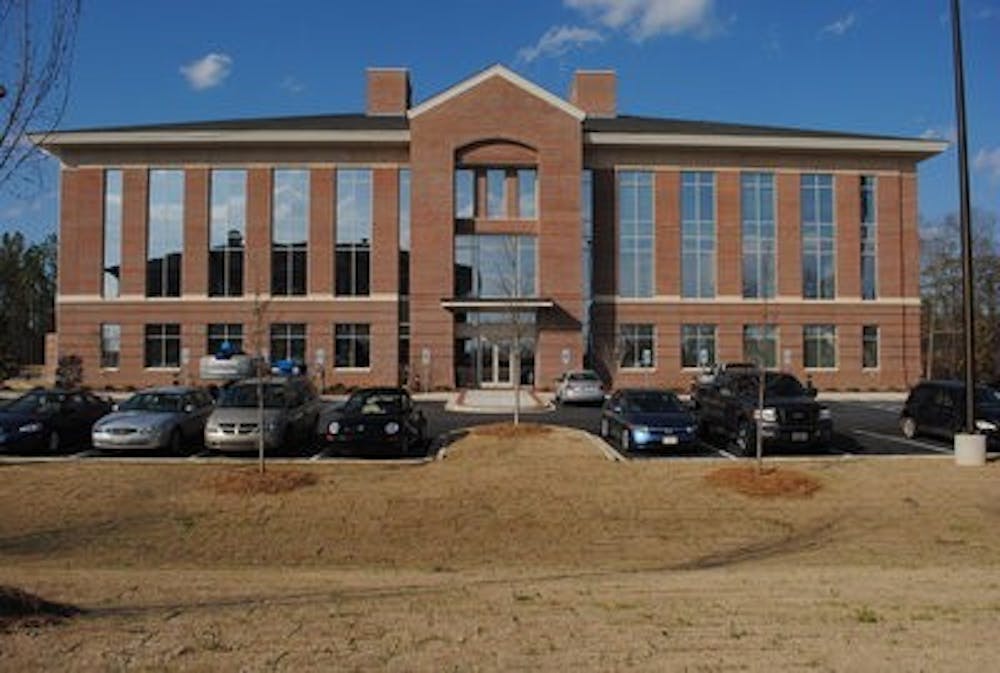Auburn's newly constructed Magnetic Resonance Imaging Research Center will soon house the largest MRI machine in Alabama.
In the fall, Auburn opened the MRI Center to house the 7 Tesla fMRI scanner. The Center already occupies a 3T MRI scanner, which is used for clinical purposes.
The 7T Tesla fMRI will be useful for research and medical purposes.
"One is how the brain works in cognitive tasks such as regulating emotions and making decisions," said Thomas Denney, the director of Auburn's Magnetic Resonance Imaging Research Center.
MRI scanners use a series of magnets to produce non-invasive images of the body. The 7T magnet is approved for humans for nonclinical purposes. According to Deshpande, with the use of the 7T MRI, it is possible to capture images of certain molecules inside the human body.
"It is a unique opportunity for people at Auburn interested in doing animal imaging to leverage this advantage," said Gopikrishna Deshpande, assistant professor of electrical and computer engineering. Deshpande works with the MRI Center.
The scanner is also used to see how joints heal after an injury or surgery.
"We will also develop new techniques for imaging the human body with 7T MRI and ways to make 7T MRI scanners easier to use," Denney said. "Long term, we plan to use 7T MRI to image the heart and conduct research on diseases such as multiple sclerosis, epilepsy and cancer."
With fewer than 30 7T magnets on the world, Auburn is only one of five schools in the United States which has the technology to perform advanced scans.
"Auburn received the machine through a partnership with the Siemens corporation," said Fred Kam, Medical Clinic director.
Kam said Siemens and the College of Engineering are working together to develop this technology.
"Scanner time costs $500 per hour, and we have scanner time grant program for researchers who are collecting preliminary data for grant applications," Denney said.
"Faculty at Auburn can propose research projects that only a few groups around the world can perform, and this gives them a competitive advantage. The scanner is available to all AU faculty and staff and researchers from other institutions as well."
With the technology, researchers are able to examine the brain functions to see how the brain reacts during certain diseases.
"It is cutting-edge technology," Kam said. "In this part of the United States, we have zero experience with machines of this strength and this type of technology. The 7T gives us an idea of functionality, not just an image--the machine looks at brain function and not just structure or anatomy."
The 7T allows researchers to take a closer look at certain aspects of the human brain.
"This interdisciplinary field involves not only science and medicine, but also a lot of engineering, Auburn can leverage its strengths in engineering and open up new areas of research in science and human/veterinary medicine," Deshpande said.
The 7T provides research for fields beyond the medical world, including a variety of disciplines.
"Psychology, physiology, chemistry, engineering and medical fields will benefit from the access of the machine and the information that comes out of it," Kam said. "For Auburn, it is a great opportunity to expand on research to put itself on the global map."
Do you like this story? The Plainsman doesn't accept money from tuition or student fees, and we don't charge a subscription fee. But you can donate to support The Plainsman.





